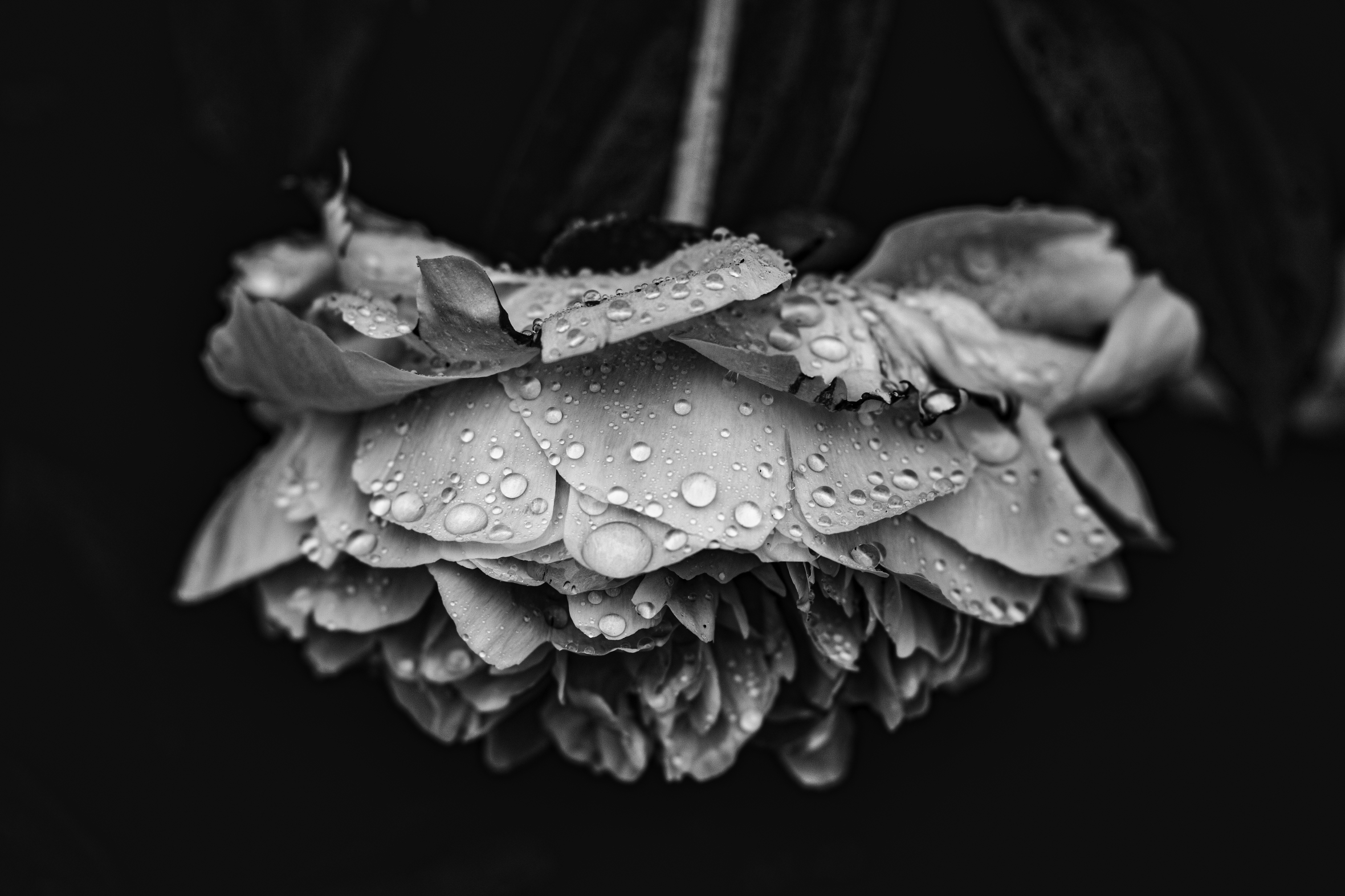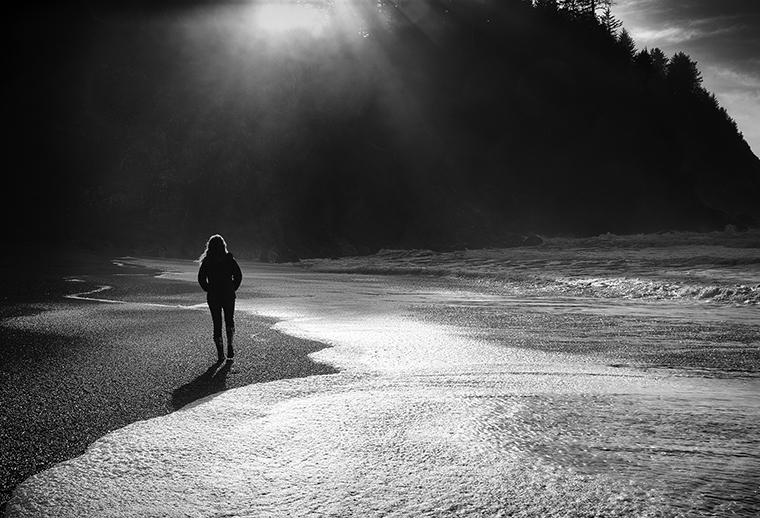We use cookies to improve our services and remember your choices for future visits. For more information see our Privacy Policy and Terms of Use.
October’s Most Popular Reads
This month’s popular selections revolve around questions of perspective. In “Two Ways of Knowing,” Dr. Robin Wall Kimmerer, a Native American botanist, considers the way indigenous environmentalism supplements modern science with a much-needed sense of stewardship, responsibility, and greater ecological context.
Likewise, in “The Radical Idea of Marrying for Love,” Stephanie Coontz reexamines the familiar — in this case, the twentieth-century American notion of romantic love — and finds it to be deeply strange (maybe even a little perverse) when seen from a broader world-historic perspective.
Love and care take center stage in the work of photographer Zun Lee, whose photo essay, “Father Figure,” portrays the tender reality of Black fathers in contemporary Harlem and the Bronx, defying the racist stereotypes that often prevail in popular discourse.
Lastly, in “Les Calanques,” memoirist Melissa Febos spends a trip to France haunted by versions of her younger self, faded but superimposed over her current life, “like a language I can no longer speak but have not entirely forgotten.”
Take care and read well,
Your friends at The Sun
Two Ways of Knowing
Robin Wall Kimmerer on Scientific and Native American Views of the Natural World
I prefer to ask what gifts the land offers. Gifts require a giver, a being with agency. Gifts invite reciprocity. Gifts help form relationships. Scientists aren’t comfortable with the word gifts, so we get ecosystem services instead. These terms arise from different worldviews, but both recognize the way the land sustains life.
April 2016The Radical Idea of Marrying for Love
For most of history it was inconceivable that people would choose their mates on the basis of something as fragile and irrational as love and then focus all their sexual, intimate, and altruistic desires on the resulting marriage.
September 2016
Bedtime shenanigans with Carlos Richardson and his daughter Selah. Harlem, New York, August 2012.
Father Figure
As Lee immersed himself in these families’ daily lives, he witnessed tender interactions that ran counter to stereotypes of black men as indifferent or absent fathers. Despite challenging financial and personal circumstances, the men Lee encountered were “loving, present, and responsible fathers,” he says, who worked hard to provide for and nurture their children.
September 2018Les Calanques
I think of that ancient time when the sea was cut off from the ocean, how low it sank, the way the rivers carved canyons to replenish it. Such beauty often requires a kind of devastation. Maybe the saddest landscapes are always the most beautiful.
September 2020We’ll mail you a free copy of this month’s issue. Plus you’ll get full online access—including more than 50 years of archives.
Request a Free Issue

